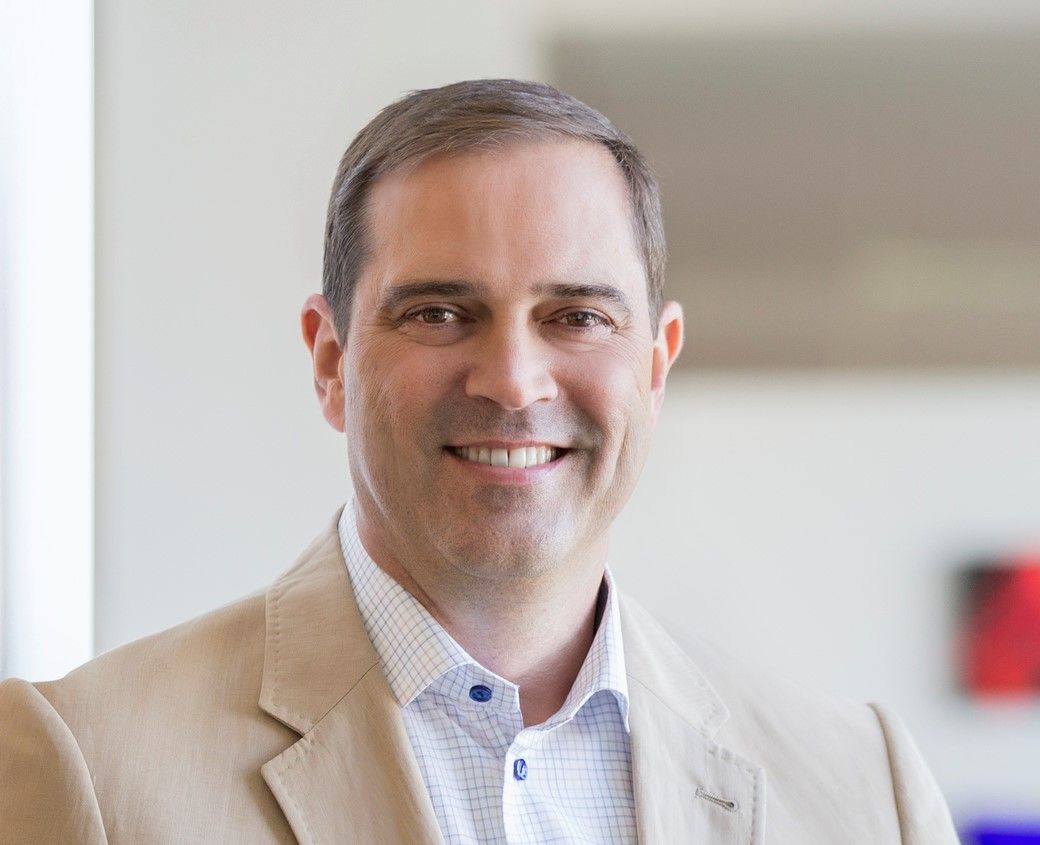At the end of June, over 400 prospective heads of data will gather, virtually, for the sixth annual online Carruthers and Jackson Summer School for Data Leaders.
The success of the 10-week digital course is proof, as if it were needed, that the Chief Data Officer (CDO) role and the broader recognition of data analysis as business-critical have never been more important.
Former CIO and CDO Caroline Carruthers thought that for the first such event “we’d maybe get 20 people” but the free-to-attend annual gathering now attracts over 1,000 applicants from all over the world.
The concept is that students add skills and mindsets for data transformation via modules led by Carruthers and co-founder Peter Jackson, but also “understand what value they bring to the role to help”.
Carruthers is a toastmaster for data leaders, having written one of the first books on the topic. But she says that, as well as learning, the basic tenets of thinking about data, networking and culture are hugely important.
The real value is in the “200 to 300 who really bond together" she says.
"We see them organise events, get together on WhatsApps and share experiences."
In this way, some sort of knowledge base or canonical consensus emerges as to what it means to lead in data, what sorts of characters are needed, what the job involves and how it might evolve.
As part of that evolution, Carruthers says the short tenures typical of early CDOs are less common. “I think it’s starting to change,” she says. “When we first did the study, they talked about tenures being a year, year-and-a-half [and there were] organisations knowing they needed someone but not knowing how to go about it.”
There has also been a maturing in terms of what the job should involve. Carruthers says that “the first CDOs were like a pendulum where you have to take care of the risk side and the other half is all your value-add. Four years ago, there wasn’t an understanding of what it meant to be a data leader and companies were bringing in the wrong types. The role is quite varied: there’s a maturity within the CDO community now.”
CDO role: Leaders need "ikigai"
Another aspect to the tenure issue is the law of supply and demand.
“The role has become more professionalised so tenures are not as short as they used to be but there are not quite enough people in the space so those that can do it are being headhunted,” Carruthers says.
She says she is a fan of the Japanese principle of ikigai, meaning a role or task that serves to provide a sense of purpose, and says this underlies the school: having people understand what they are good at and how they can share that to create overall value. Attendees at Summer School will want to be data leaders (not necessarily CDOs but also directors of analytics, directors of data etc) and come from a variety of areas.
Often, they are in IT, leading architecture or governance, for example but, she says, “we like to throw some wild cards in there”. Medics and researchers have applied, for example, and the ability to persuade and tell stories with data is prized.
“One of the best came from a philosophy background and they emphasised thoughtfulness, responsibility and ethics,” Carruthers says.
CDOs move onwards and upwards
Although it may once have been seen as faddish, the CDO role will continue to change and advance, just as the CFO role has blossomed.
“The roles that have longevity are not trendy roles but recognised assets,” she says.
“Data is a recognised asset; it serves a purpose. A healthy level of scepticism is always useful and I would happily have argued the role wasn’t professionalised at all when we started. We argued that we were wandering into the right field and putting a stick down. I do feel that we’ve moved on from the Wild West.”
As for today, the CDO role appears to have stabilised, Carruthers says.
“Recruiters aren’t necessarily seeing demand [for CDOs] rising but demand for data roles is absolutely rising. The smorgasbord of job titles may represent 'a cacophony of mess and chaos' but the underlying requirement to have people who can make sense of data remains.
Rohan Maheswaran, director at recruiter Futureheads.com, agrees.
“I think demand for data roles is definitely growing as more companies make decisions based on data,” he says. “There’s definitely variation in types of data roles. Data science, data analytics and data engineering roles are very prevalent, as well as CDO positions. If it’s a well-established company, we see people going in to help set up data practices, to get people on board and help everyone understand the value of data through setup and enablement.”
And that is backed up by a PwC survey that found that, although 79% of companies studies still don't have a CDO, the average number of references to data in annual reports more than doubled from 29 in 2017 to 60 in 2022.
As for where the CDO sits, that’s a moveable feast.
“You can’t put a CDO in a silo because data goes everywhere,” Carruthers advises. “Marketing is a really poor place to put them because they just focus on that.” Many will report into a CFO or even CIO, some will work in compliance largely while others will work in a dotted line to the CIO.
Generation Data
Ultimately, it may be that with efforts such as those of Carruthers and Jackson and various efforts to promote data literacy, we are creating a data generation.
“Data literacy is a life skill,” Carruthers enthuses. “Narnia is there and the doors are opening so you need to know what you’re getting yourself into. Data is this great smaug pile and you want to use it to see more, think further and look into the distance. And you can’t do that without data governance. You need to step back to go forward faster; people have got so caught up with the ‘shiny shiny’. Now there’s a recognition that thinking about data quality is key.”









